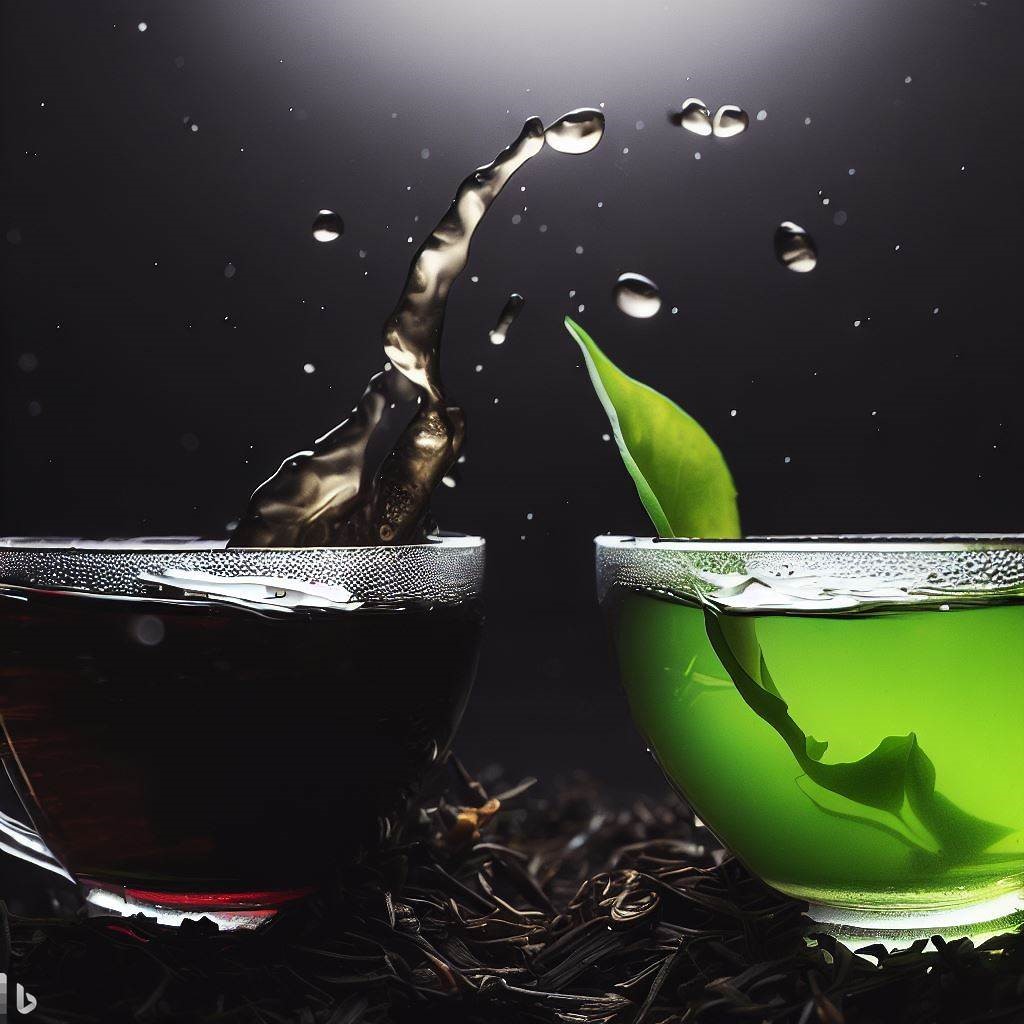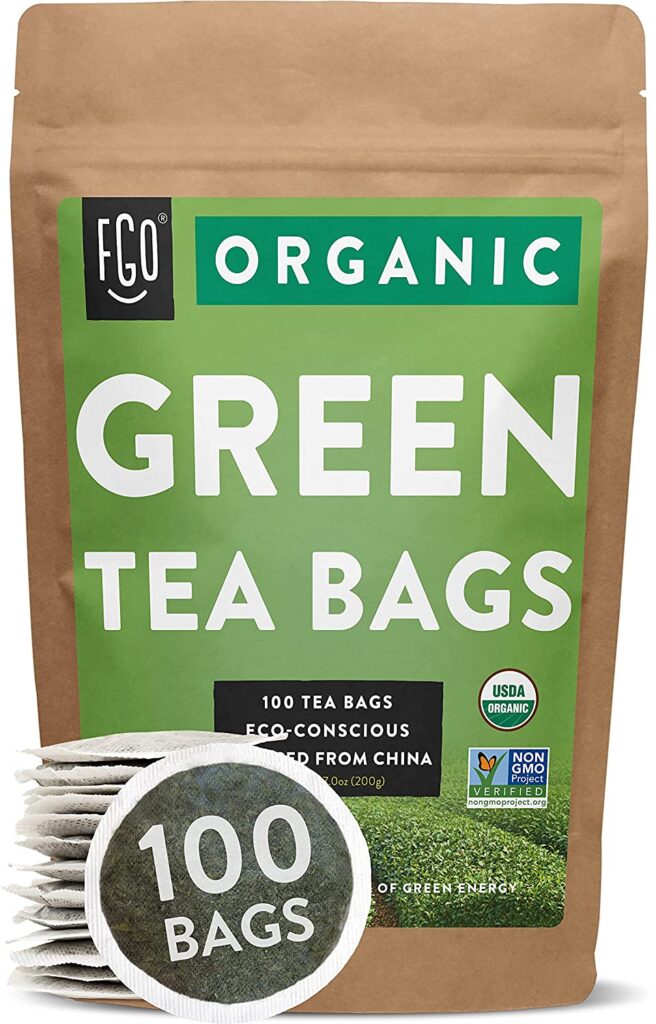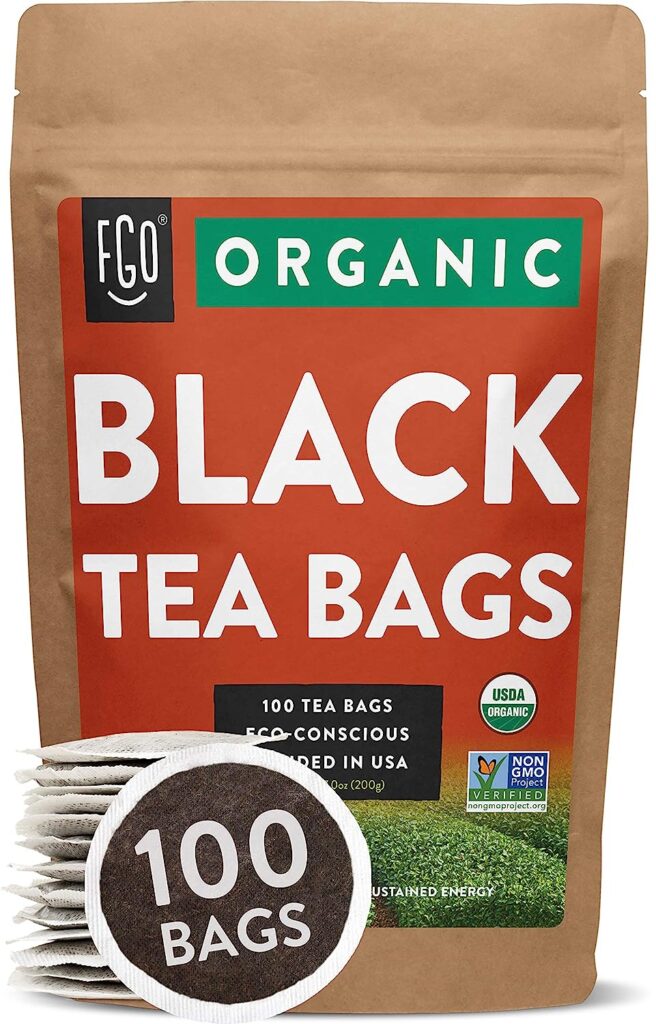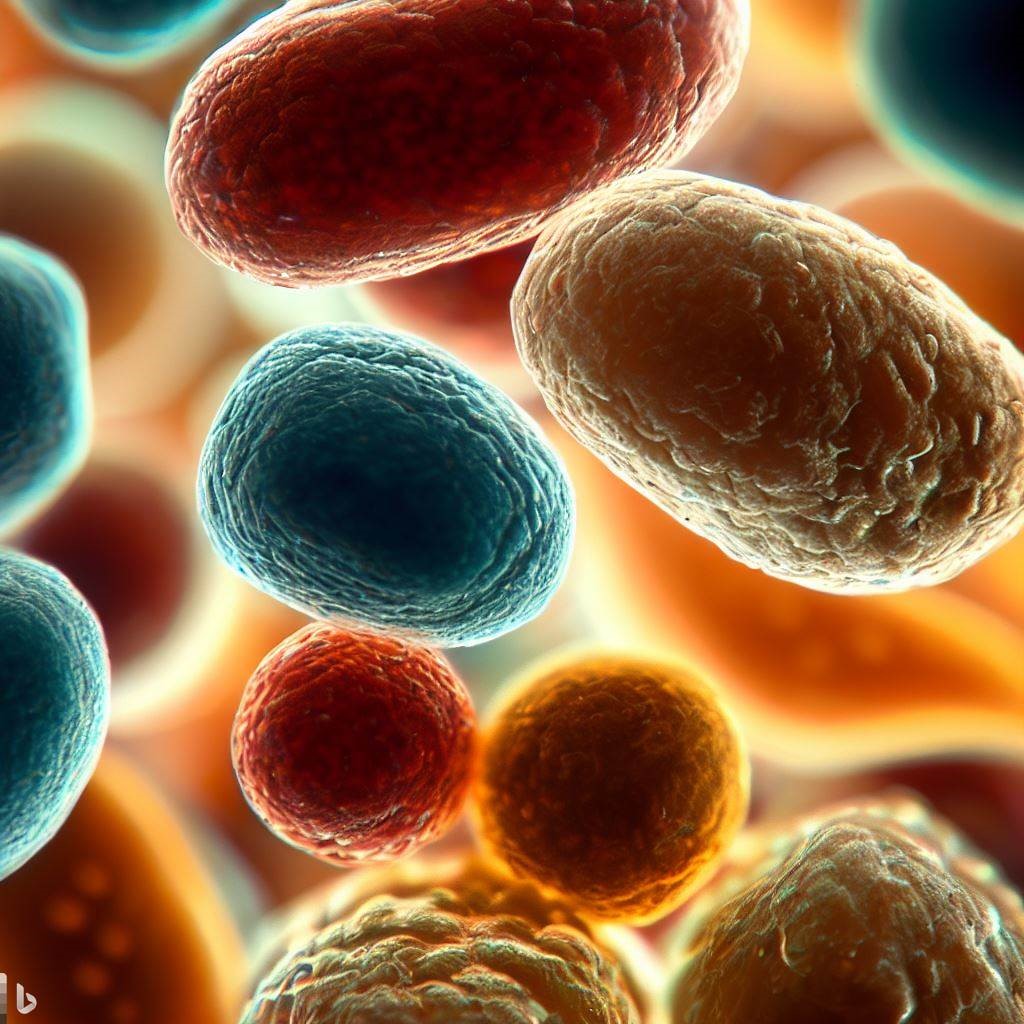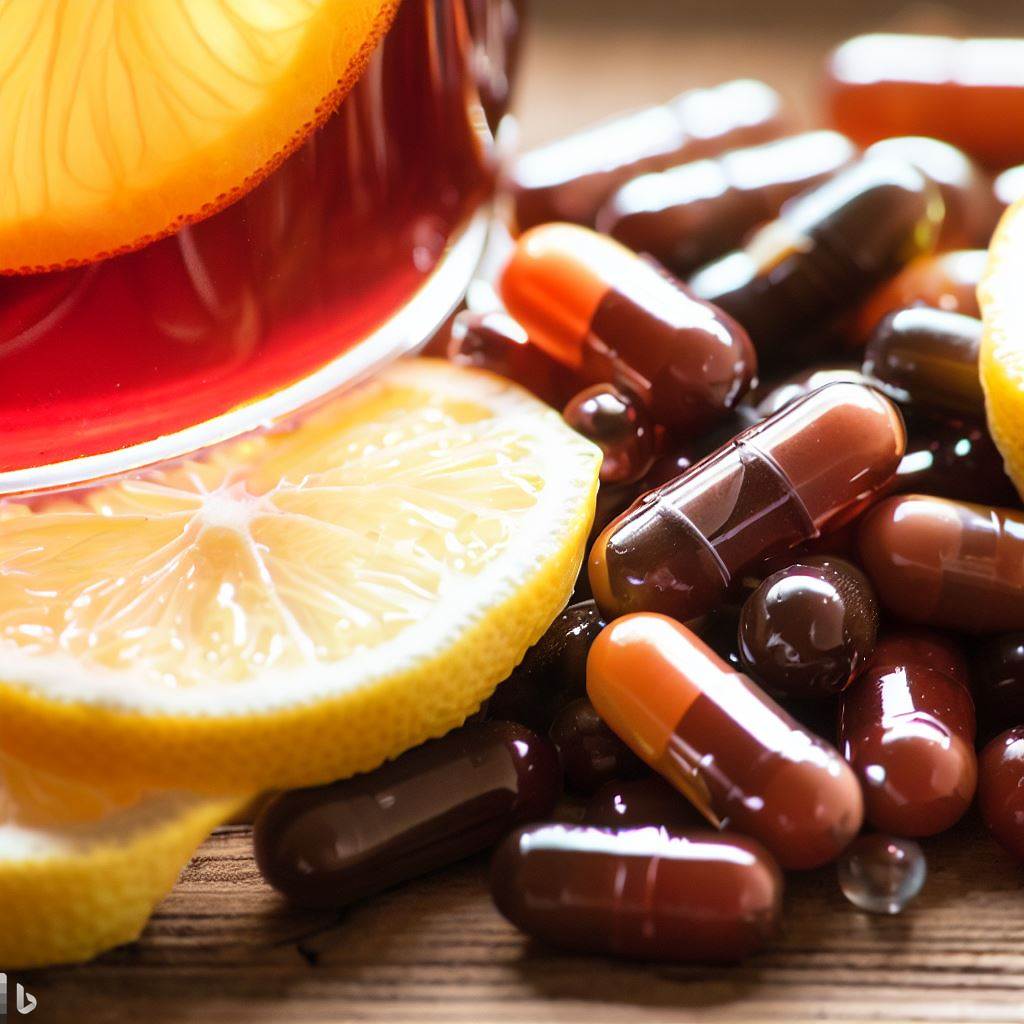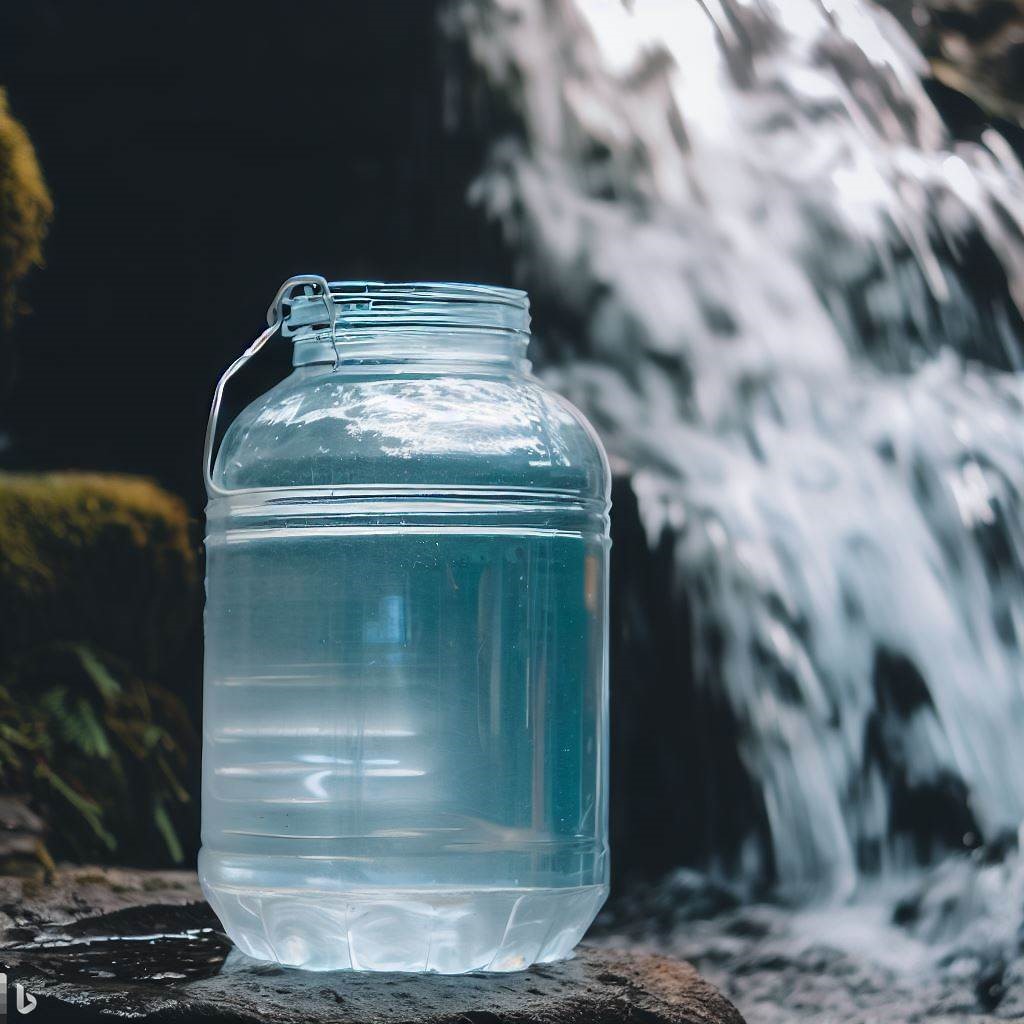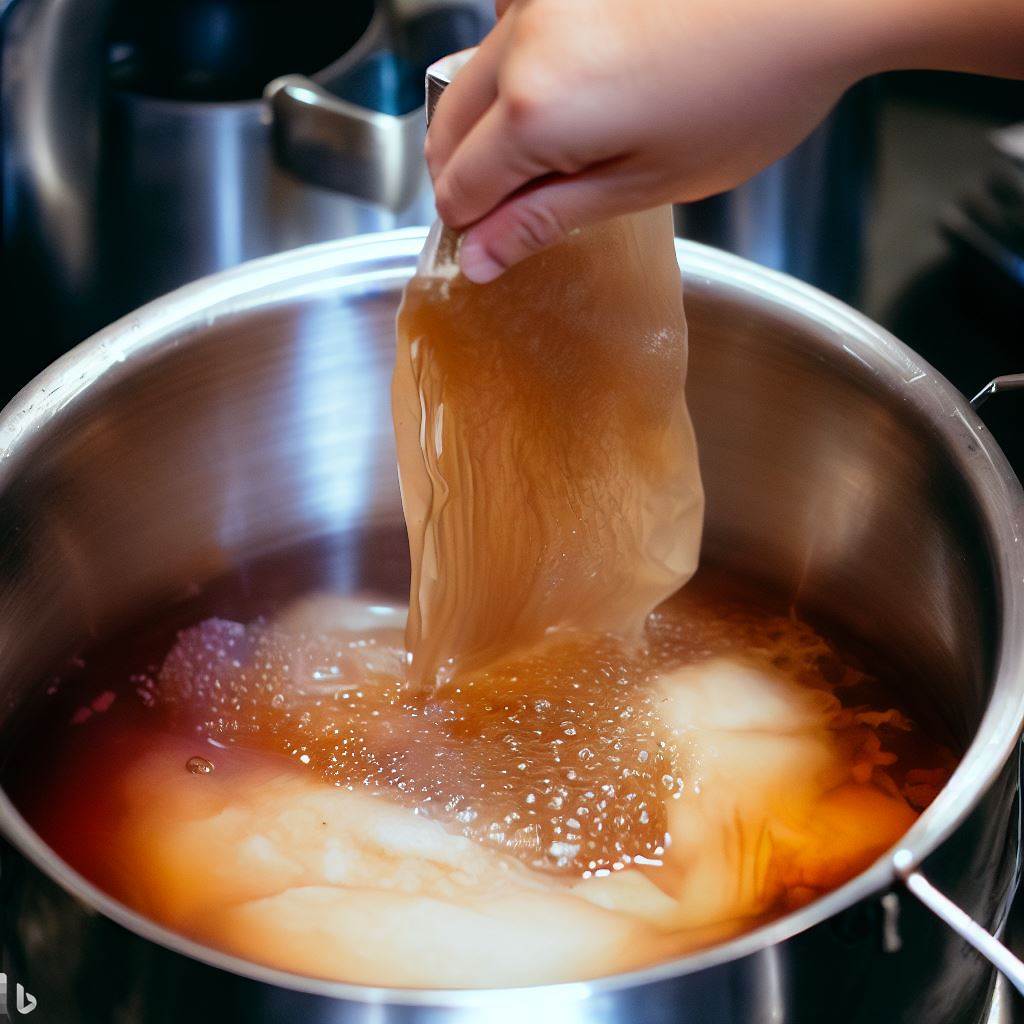Green Tea vs Black Tea: what to use with the goal of brewing the Perfect Kombucha; This article will delve into the differences between using green tea and black tea for brewing kombucha, discussing their pros and cons. Which one do you prefer?
The Basics of Tea
Tea comes from the Camellia sinensis plant. The difference between green and black tea lies in the processing method. Green tea leaves are quickly heated after harvesting to prevent oxidation, preserving their green color and fresh, grassy flavor. Black tea, on the other hand, is fully oxidized, resulting in a darker color and a robust, full-bodied flavor.
Green Tea Kombucha
Green tea is known for its high antioxidant content, particularly epigallocatechin gallate (EGCG), which has been linked to numerous health benefits, including improved brain function, fat loss, and a lower risk of cancer. Due to this, when used in kombucha brewing, green tea produces a lighter, more delicate flavor compared to black tea. The resulting kombucha often has a subtle sweetness and a pale color.
Pros of Green Tea Kombucha
1. Health Benefits: Green tea is rich in antioxidants, which are preserved even after fermentation. These antioxidants can help reduce inflammation and fight disease.
2. Light Flavor: Green tea kombucha has a milder, more delicate flavor, which can be preferable for those who find the robustness of black tea overwhelming.
Cons of Green Tea Kombucha
1. Slower Fermentation: Green tea contains less caffeine and nitrogen than black tea, which can slow down the fermentation process.
2. Less Robust SCOBY: The SCOBY may not grow as thick or robust with green tea, potentially affecting the fermentation process.
Black Tea Kombucha
Black tea is the most commonly used tea for brewing kombucha. After all, It has a strong, robust flavor that stands up well to the fermentation process. Black tea contains more caffeine than green tea, which can contribute to a faster fermentation process. When you’re a beginner Black Tea is a good starting spot.
Pros of Black Tea Kombucha
1. Robust Flavor: Black tea produces a kombucha with a strong, full-bodied flavor that many people associate with traditional kombucha.
2. Faster Fermentation: The higher caffeine and nitrogen content in black tea can lead to a faster fermentation process.
3. Stronger SCOBY: Black tea tends to produce a thicker, more robust SCOBY, which can lead to a more successful fermentation[.
Cons of Black Tea Kombucha
1. Strong Flavor: The robust flavor of black tea kombucha may not appeal to everyone, especially those who prefer a lighter, more delicate taste.
2. Lower Antioxidant Content: While black tea still contains antioxidants, it has fewer than green tea due to the full oxidation process it undergoes.
Final Thoughts:
When you’re choosing between green tea vs black tea for brewing kombucha comes down to personal preference. If you prefer a lighter, more delicate flavor and want to maximize the antioxidant content, green tea may be the best choice. If you enjoy a robust, traditional kombucha flavor and want a faster fermentation process, black tea would be ideal. Experimenting with both types of tea can help you find the perfect balance for your taste buds.
Want to Learn More On Supplies Read these blogposts below:

